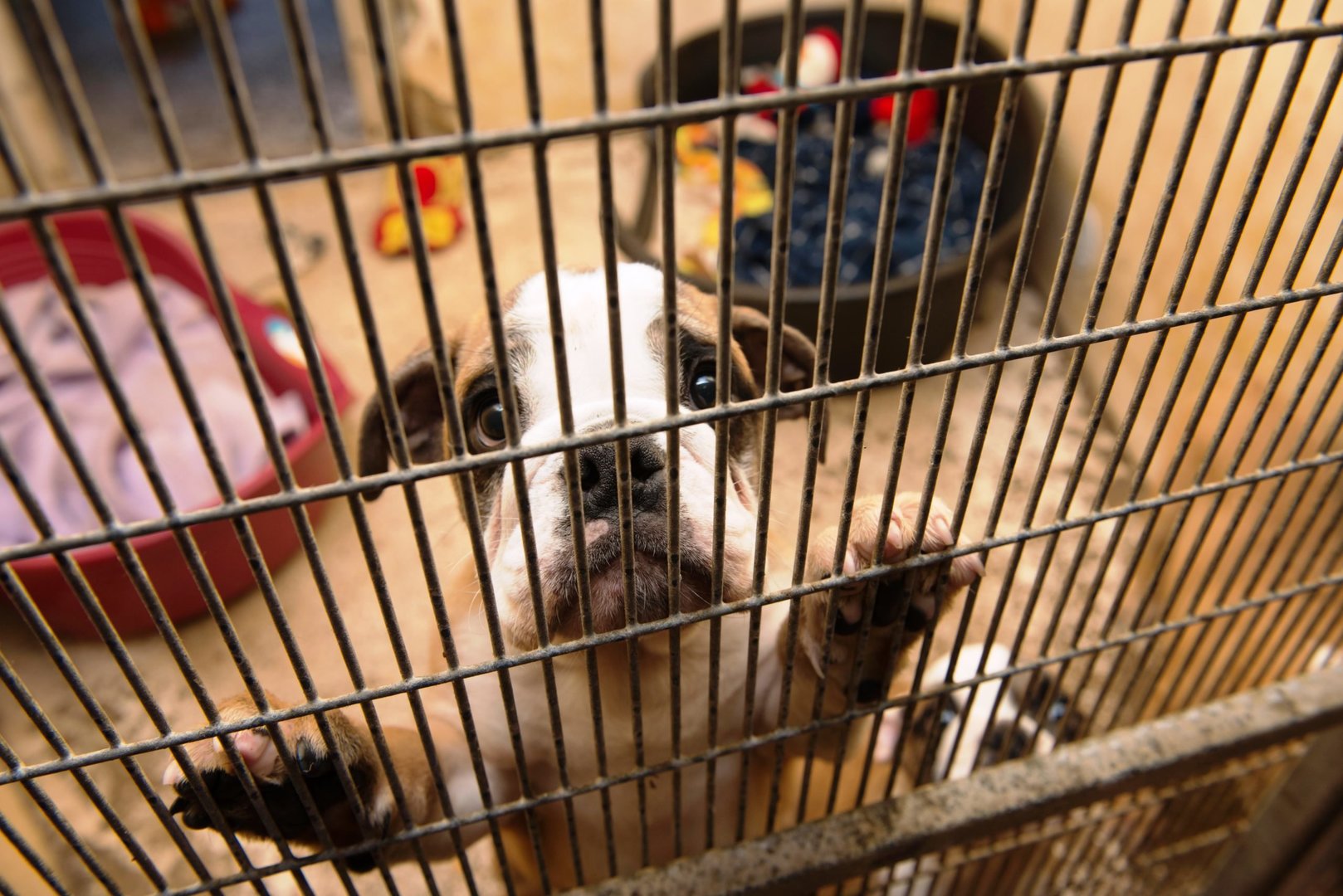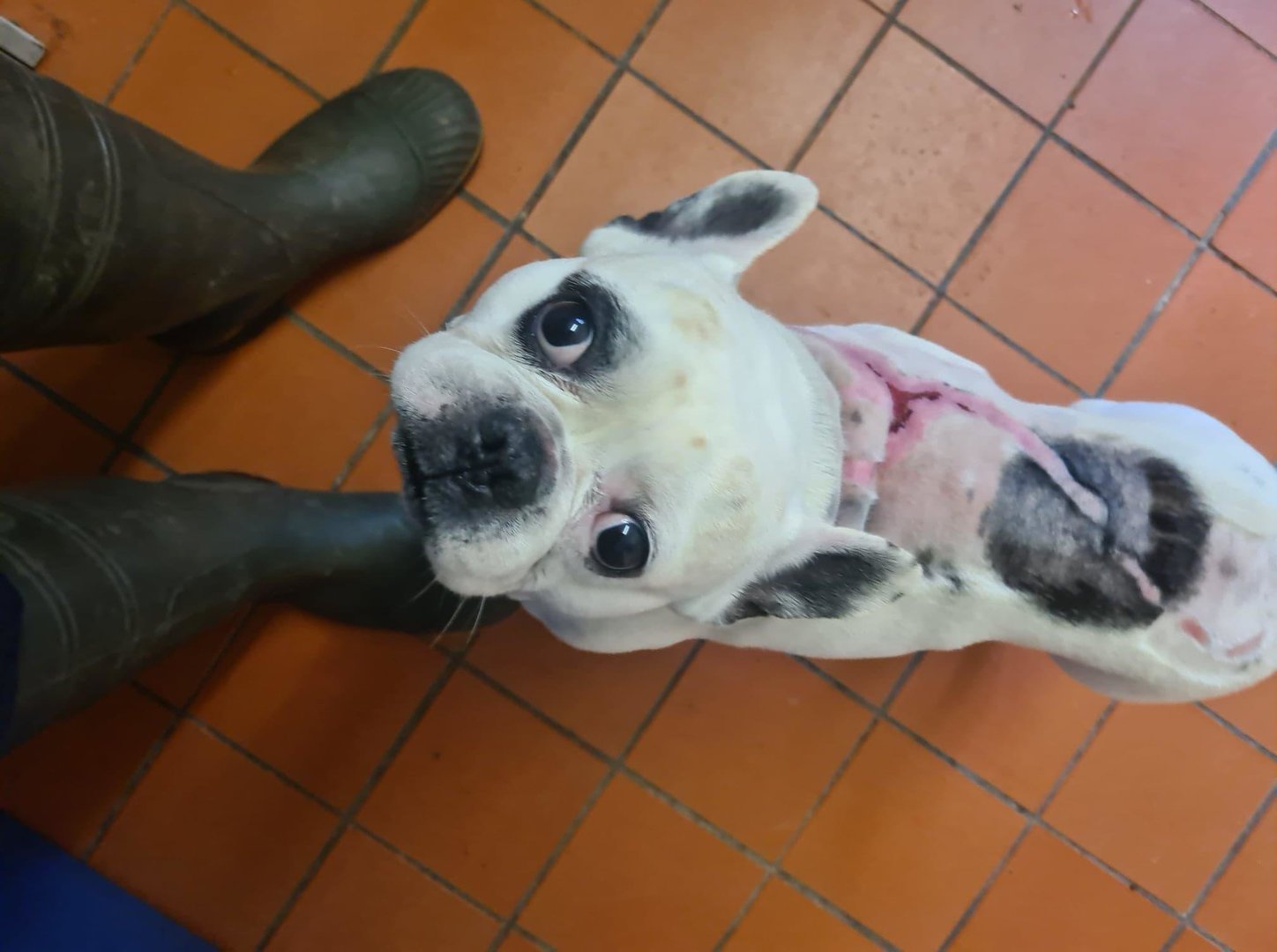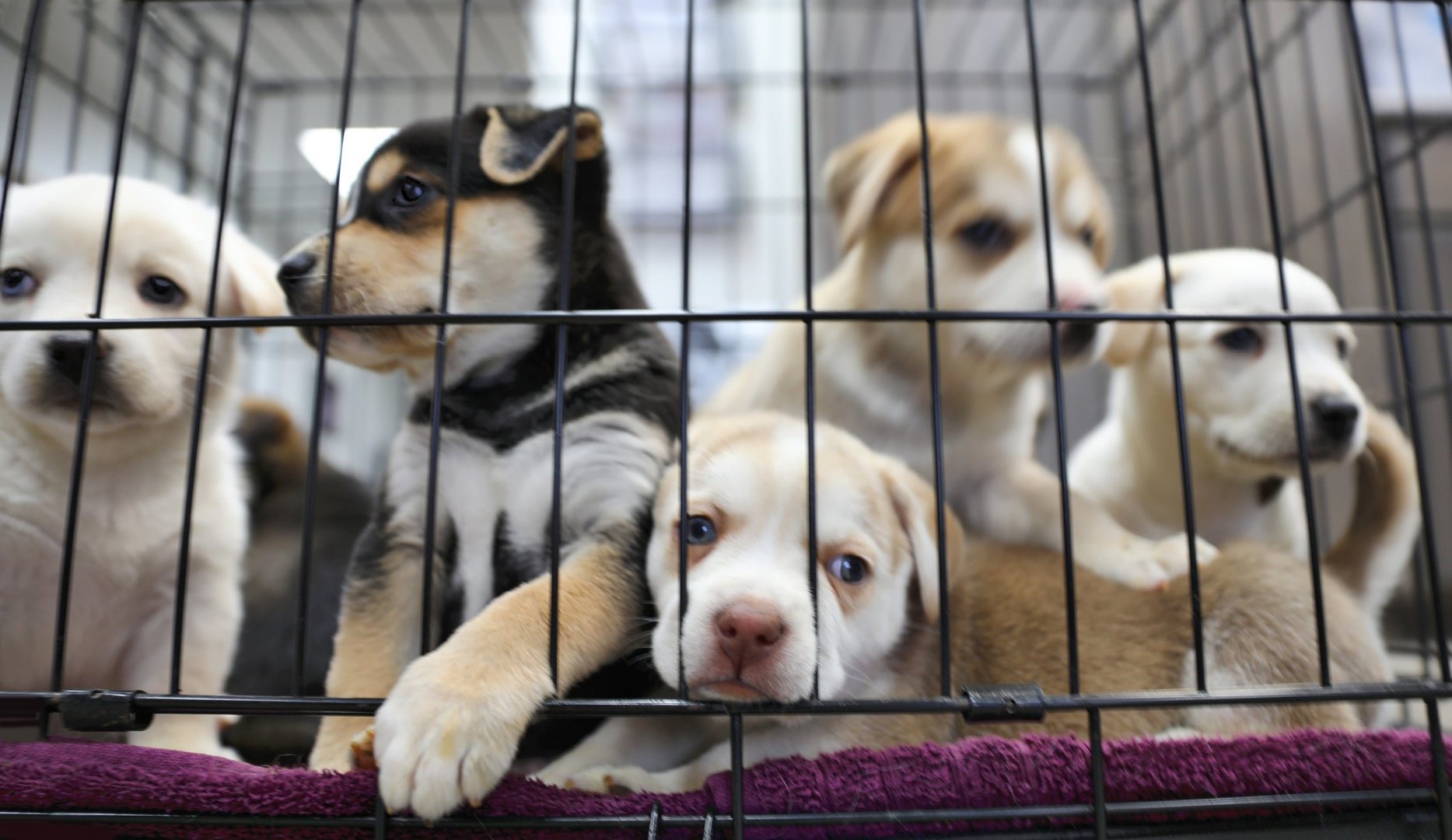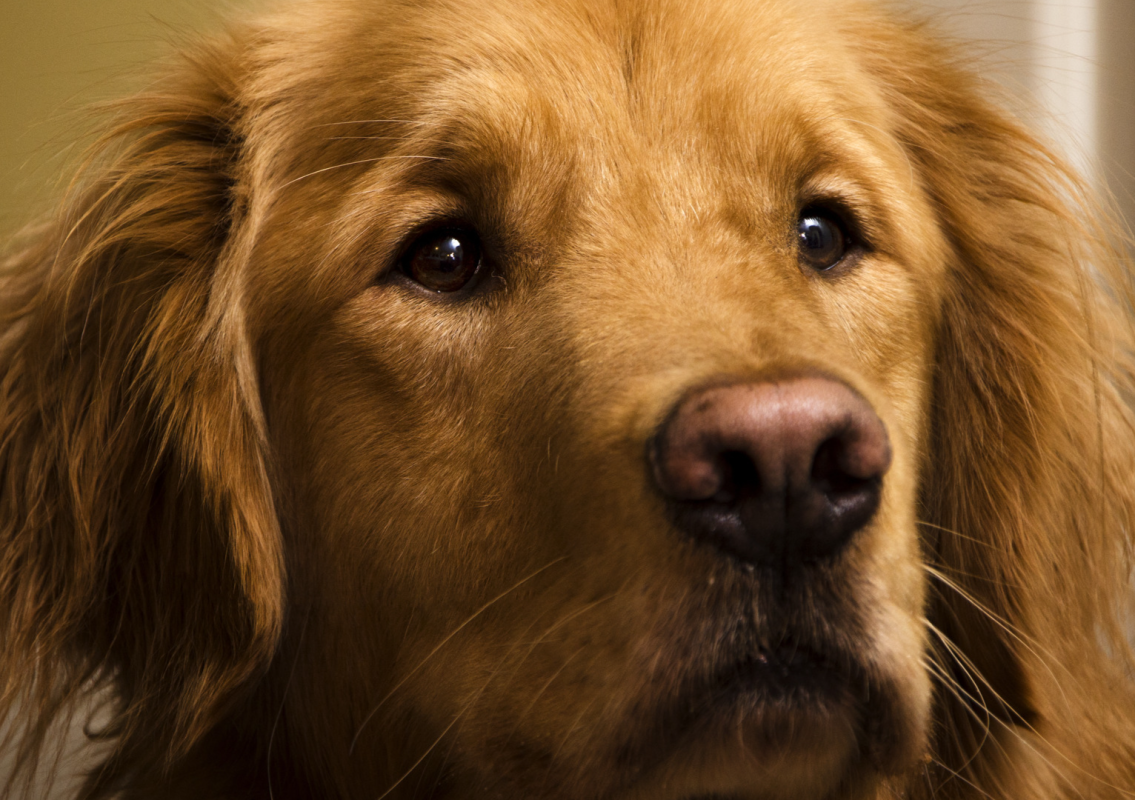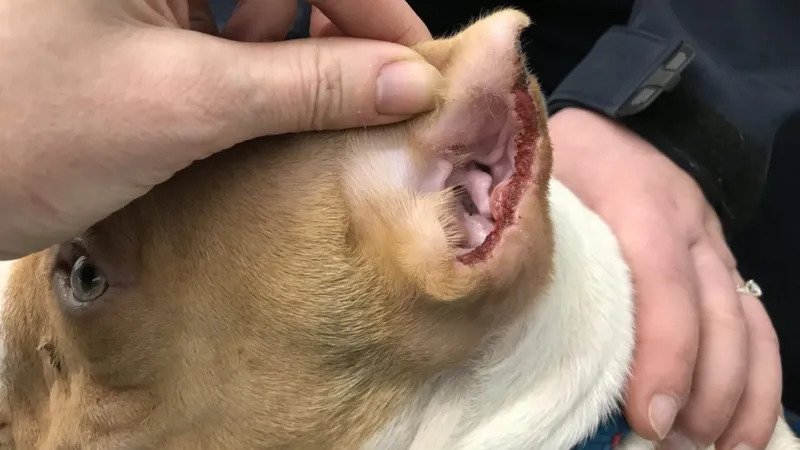Delayed puppy smuggling crackdown back before MPs
MPs are revisiting efforts to stop the illegal import of puppies and kittens into the UK, following a 2021 government pledge to enforce stricter regulations.
Proposed legislation aims to ban imports of pets under six months old and severely pregnant animals, while also limiting the number of pets per traveler. The bill will be discussed in Parliament on Friday.
The RSPCA supports the move, aimed at ending the mistreatment and exploitation of young animals for profit, but warns it might negatively impact some international dog rescue operations. The bill also seeks to eliminate a loophole permitting the import of animals mutilated in ways illegal in the UK, such as ear-cropping.
Supporting the initiative are key charities, including the Dog's Trust and Battersea Dogs and Cats Home. According to current law, animals as young as 15 weeks may be imported, but the RSPCA advocates for a higher age limit to promote better health and reduce behavioral problems in pets.
Some rescue groups, however, fear that raising the import age may escalate the vulnerability of young animals to illness and behavioral difficulties. Despite no exemptions for rescue animals currently planned, the fine details of the proposed ban remain undecided.
The Dog's Trust reports over 3,000 rescues related to illegal imports from 2015 to 2023, and data from Dover in 2023 noted the quarantine of 116 underage puppies and kittens.
Furthermore, the new bill seeks to prevent the pet travel scheme from being misused for smuggling and to prohibit the entry of mutilated animals, targeting practices like ear-cropping and declawing, already illegal in the UK.
The Conservative Party had committed to addressing puppy smuggling in their 2019 manifesto. The bill, pushed by Conservative MP Selaine Saxby, is gaining momentum, although its potential to become law before the next general election remains uncertain.
Ms. Saxby is optimistic about including reasonable exceptions within the bill regarding pet travel and specific types of mutilation, such as tail docking. If passed, additional legislation will be required to specify the details of the ban.
The Labour Party is expected to endorse the bill while criticizing the Conservatives for not fulfilling their manifesto promises. The Department for the Environment, Farming and Rural Affairs, touting the UK's strict pet check system, will formalize its stance on the legislation during Friday's debate.
The RSPCA supports the move, aimed at ending the mistreatment and exploitation of young animals for profit, but warns it might negatively impact some international dog rescue operations. The bill also seeks to eliminate a loophole permitting the import of animals mutilated in ways illegal in the UK, such as ear-cropping.
Supporting the initiative are key charities, including the Dog's Trust and Battersea Dogs and Cats Home. According to current law, animals as young as 15 weeks may be imported, but the RSPCA advocates for a higher age limit to promote better health and reduce behavioral problems in pets.
Some rescue groups, however, fear that raising the import age may escalate the vulnerability of young animals to illness and behavioral difficulties. Despite no exemptions for rescue animals currently planned, the fine details of the proposed ban remain undecided.
The Dog's Trust reports over 3,000 rescues related to illegal imports from 2015 to 2023, and data from Dover in 2023 noted the quarantine of 116 underage puppies and kittens.
Furthermore, the new bill seeks to prevent the pet travel scheme from being misused for smuggling and to prohibit the entry of mutilated animals, targeting practices like ear-cropping and declawing, already illegal in the UK.
The Conservative Party had committed to addressing puppy smuggling in their 2019 manifesto. The bill, pushed by Conservative MP Selaine Saxby, is gaining momentum, although its potential to become law before the next general election remains uncertain.
Ms. Saxby is optimistic about including reasonable exceptions within the bill regarding pet travel and specific types of mutilation, such as tail docking. If passed, additional legislation will be required to specify the details of the ban.
The Labour Party is expected to endorse the bill while criticizing the Conservatives for not fulfilling their manifesto promises. The Department for the Environment, Farming and Rural Affairs, touting the UK's strict pet check system, will formalize its stance on the legislation during Friday's debate.
